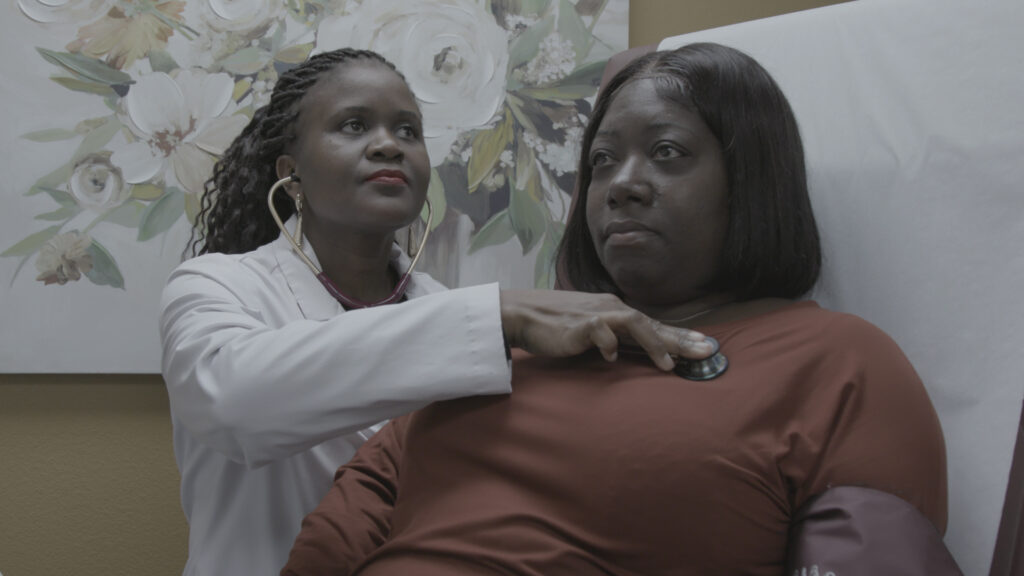Family medicine physician Olusunmisola Oyesiku always thought she would practice in a big city, but after going through her family residency program at the University of Alabama in Selma, she ended up falling in love with rural medicine.
The Selma program is one of a small, but growing, number of residencies in the country that places residents entirely in rural medical settings. Doctors are trained to treat all sorts of patients — whether they’re at the clinic, the hospital or a nursing home — and respond to the unique needs of rural patients. Like Oyesiku, many graduates end up staying in the South.
advertisement
“Being exposed to that wide diversity of care made me realize that, you know, this could actually be more fulfilling and rewarding for me in my medical career than if I had stuck to one other specialty and just done one thing for the rest of my life,” Oyesiku said.
These rural training programs provide a much-needed supply of doctors to critically underserved rural communities. Multiple studies show that physicians who train in a rural area are much more likely to stay and practice in a rural community. There are now over 160 accredited rural training programs according to The RTT Collaborative, a cooperative of rural residency programs.
The second installment of STAT’s rural health series explores why these programs are so effective at training rural doctors and the barriers that prevent rural medical education from growing.
STAT’s coverage of chronic health issues is supported by a grant from Bloomberg Philanthropies. Our financial supporters are not involved in any decisions about our journalism.
advertisement

